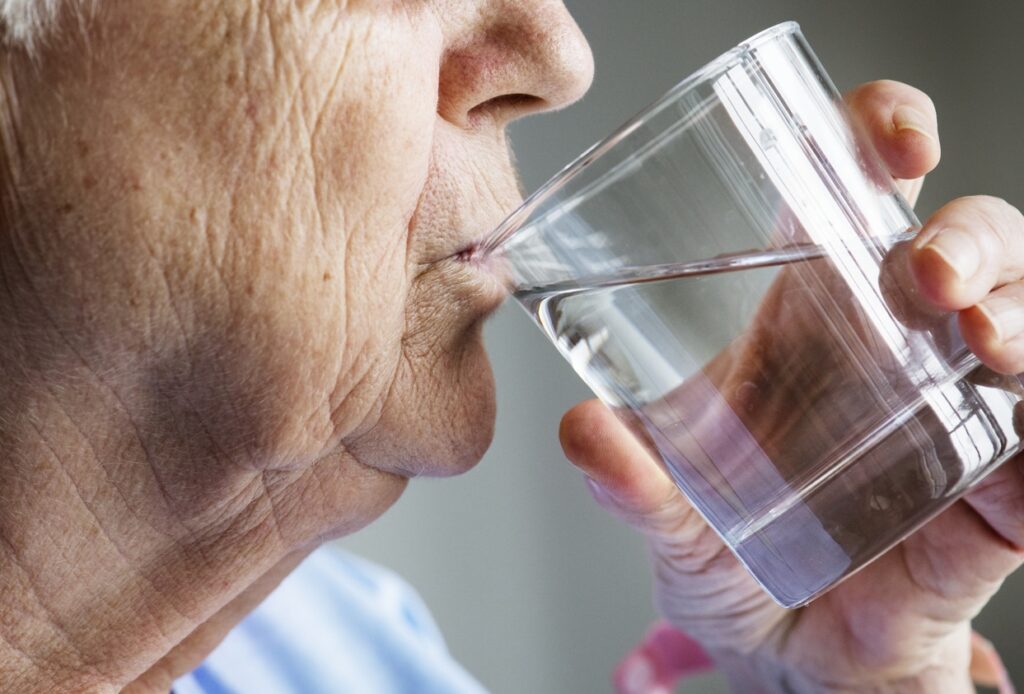
Xerostomia is a condition where the mouth does not make enough saliva to keep the mouth properly hydrated. For this reason, Xerostomia and dry mouth are used interchangeably when referring to this condition. This condition affects 30% of patients older than 65 and 40% of patients older than 80 years old. Although this condition might not be severe, it can have consequences if left untreated. The reduction of saliva can cause difficulty in chewing, tasting, swallowing, and speaking. It also increases the chance of developing tooth decay, oral infections, and tooth sensitivity. If not treated, Xerostomia can lead to many oral/dental issues.
Causes & Symptoms
Xerostomia is caused by medication, toxicity related to cancer chemotherapy, aging, and autoimmune diseases. Xerostomia is more likely to occur if a person consumes more than four prescription medications. Diseases like diabetes, Alzheimer’s, and Parkinson’s can result in Xerostomia. Symptoms of Xerostomia may include burning feeling in mouth, sore throat, mouth sores, bad breath, and rough tongue. Altered taste or intolerance for spicy, salty, or sour foods and drinks are also a sign of Xerostomia. Other common causes of Xerostomia include not drinking enough fluids, dry/hot weather, sleeping with the mouth open, or eating dry foods.
Treatment Options
Self-treatment and prescription medicine can help reduce the symptoms of Xerostomia. There is prescription medication available that can help stimulate saliva. Cevimeline capsules and Pilocarpine drops are often prescribed to treat Xerostomia. Both of these prescriptions aid with saliva production. There are also helpful tips an individual can do to help with Xerostomia. It is recommended that individuals frequently sip water or other sugar free fluids, chewing sugar free gum, limiting caffeine, and avoiding high sugar beverages and alcohol. Using a humidifier at night can also be beneficial. Self-treatment can help deal with Xerostomia, but if the symptoms worsen, we recommend reaching out to a healthcare provider to obtain prescription medicine. A doctor can help determine the cause of Xerostomia and suggest all possible treatment options. If the Xerostomia is persistent, check in regularly with a dentist to detect any tooth decay or other oral health problems early on.
WellPath Partners is your senior resource referral guide. Follow us on ALL social media platforms and join us weekly for more content and public health discussions.
By: Cindy Birrueta
Office Support Specialist at WellPath Partners
Health Care Administration Graduate, California State University, Long Beach
